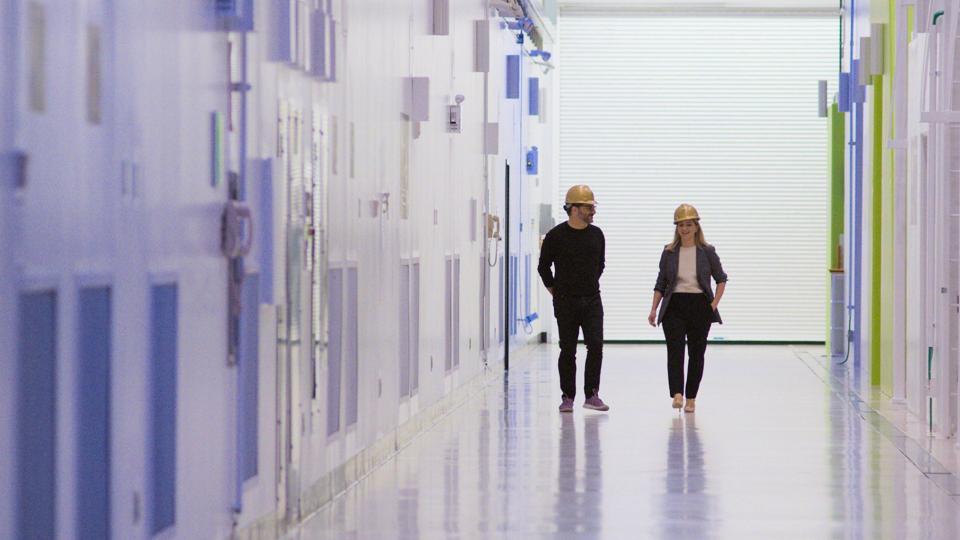In recent years the stories we’ve been telling ourselves about the future have felt increasingly dystopian. Climate change is on the verge of wiping us out. The people on the other side of the aisle are enemies. Technology is coming for our jobs, and then for us. The more these stories dominate headlines and Hollywood the less hope we feel for a better future.
In his new 6-part PBS series, A Brief History of the Future, Ari Wallach aims to interrupt this doom-loop thinking. Yes, the dystopian stories above contain real risks, he contends, but they aren’t the whole picture. The whole picture contains a set of countervailing stories about a future filled with optimism and possibility. One that we don’t see as often in our fear-filled news feeds. One in which the broader interests of humanity are front and center. A futurist grounded in humanism, Wallach takes us on a journey around the world to meet more than thirty people and companies who are reigniting much needed hope with their unrelenting vision and contagious passion.
The documentary’s strategy is to tell many brief stories rather than dwell on a few longer ones. If you’re a curious person, it leaves you hungry for more information about each. But that seems to be the whole point. Rather than satisfy your curiosity, the series wants to spark it, hitting you with so many eye-opening and energizing ideas about the future that you almost feel embarrassed to have dwelled so long in dystopia. For me, it was a wakeup call. An invitation to further open my eyes to the extraordinary things my fellow human beings are doing to improve life on this planet.
Some of the stories are about energy. The Ouarzazate Solar Power Station in Morocco is well on its way to making the country energy independent. The largest solar power plant in the world comprises two million mirrors powering one million homes.
Some are social. Tony Brown runs Heart of Los Angeles and its intergenerational orchestra program. It pulls musicians together across races and ages to play together, inspiring and mentoring each other.
Some are ecological. The Environmental Defense Fund and Ball Aerospace are launching a satellite to globally map methane pollution and help stem otherwise hard-to-identify leaks of this greenhouse gas. Methane is currently responsible for approximately 30% of the global rise in temperature.
Some are community based. A local community in Langholm Scotland banded together to buy 5000 acres of land held for centuries by the dukes of Buccleuch rather than see it sold off to a private landowner. They plan to regenerate the land, create a new nature preserve, and develop opportunities for ecotourism.
Some are agricultural. AppHarvest is working to transform an old coal mining region into an agricultural hub. Its flagship indoor growing facility is the size of 50 football fields. It uses 90% less water than open field agriculture, all of which is collected on its roofs.
These and other stories Wallach explores will leave you inspired. And enough of them are community based they will also leave you motivated to find a way to get involved locally if you’re not already. The message threaded throughout the show is that humanity’s future is bright. Its greatest limitation is imagination. We hold the seeds for many different futures and must choose which to plant and cultivate.
“It’s so easy to see what’s wrong and lose hope.” Wallach reflects. “It’s been an unforgettable experience to spend time with people who simply refuse to give up, building on ancient wisdom to look beyond our modern moment towards a future worth fighting for. These are the stories we need right now.”
A Brief History of the Future premiers on PBS April 3, 9pm EST

